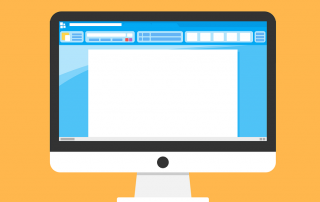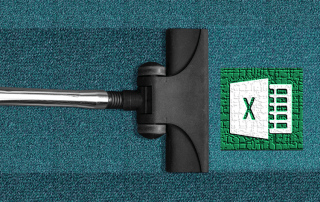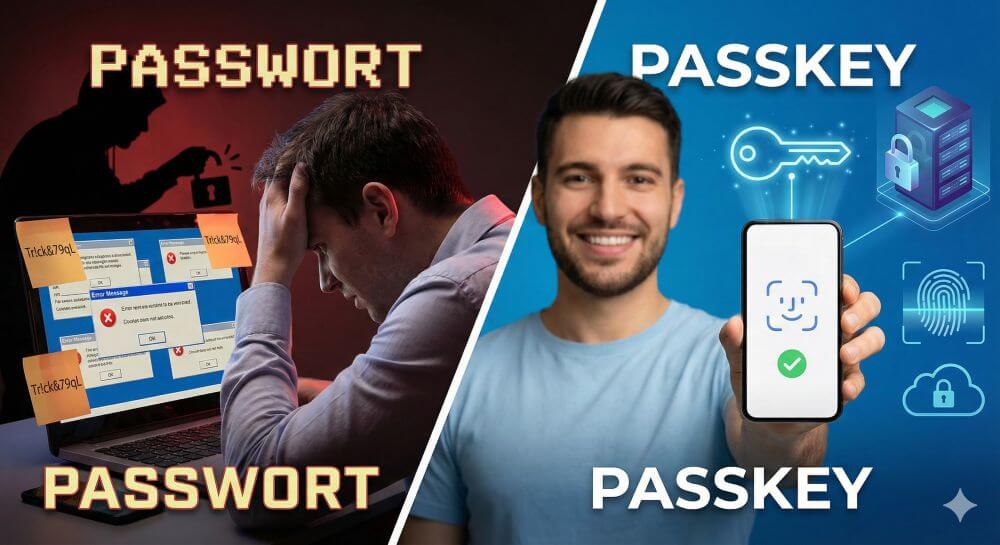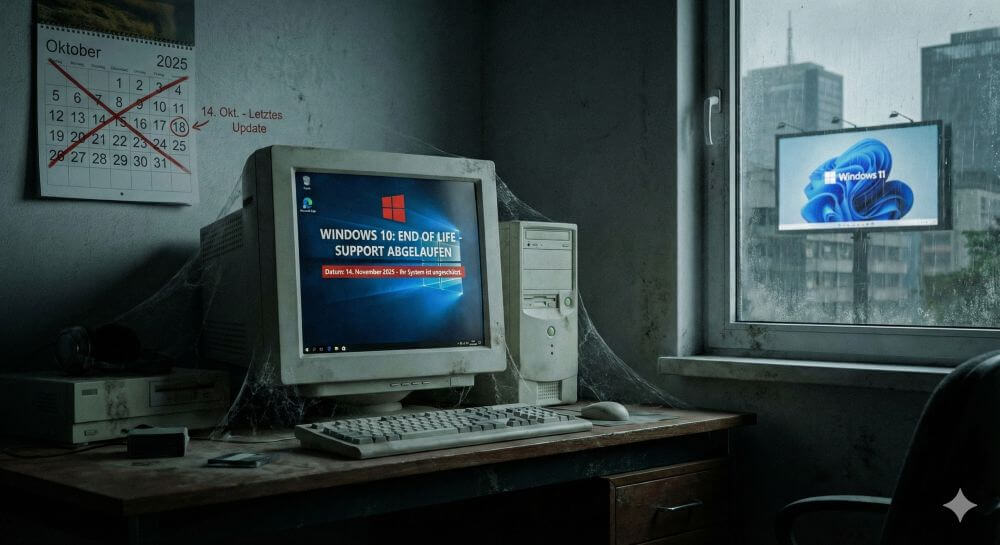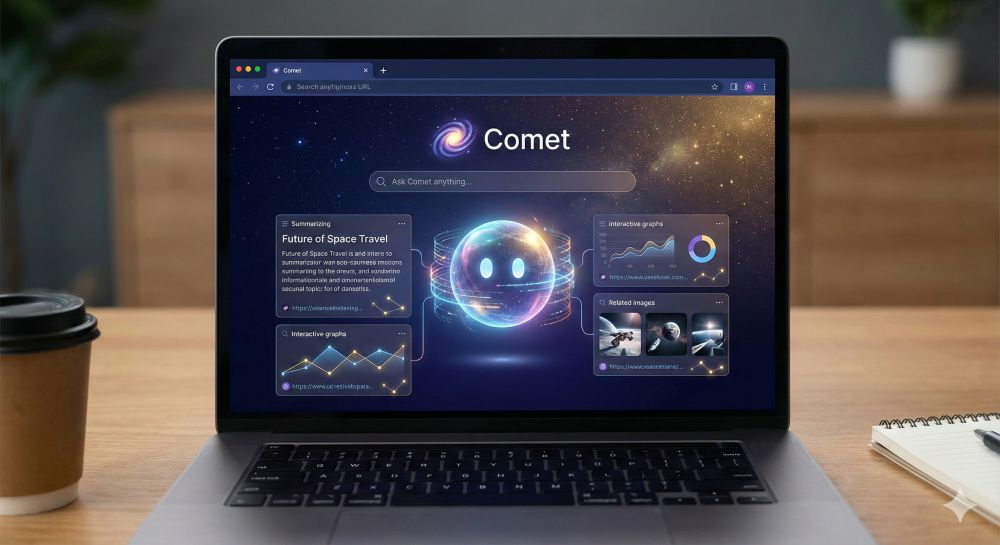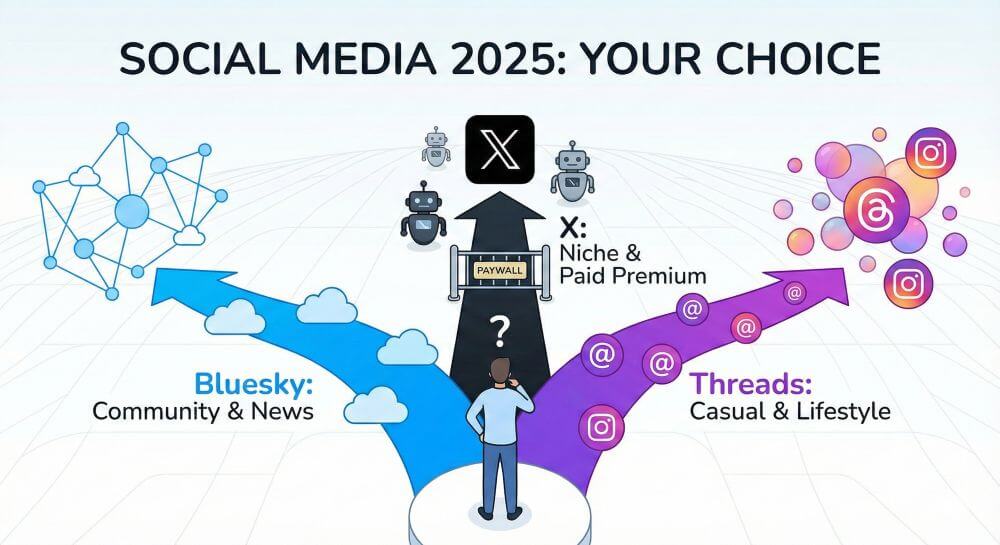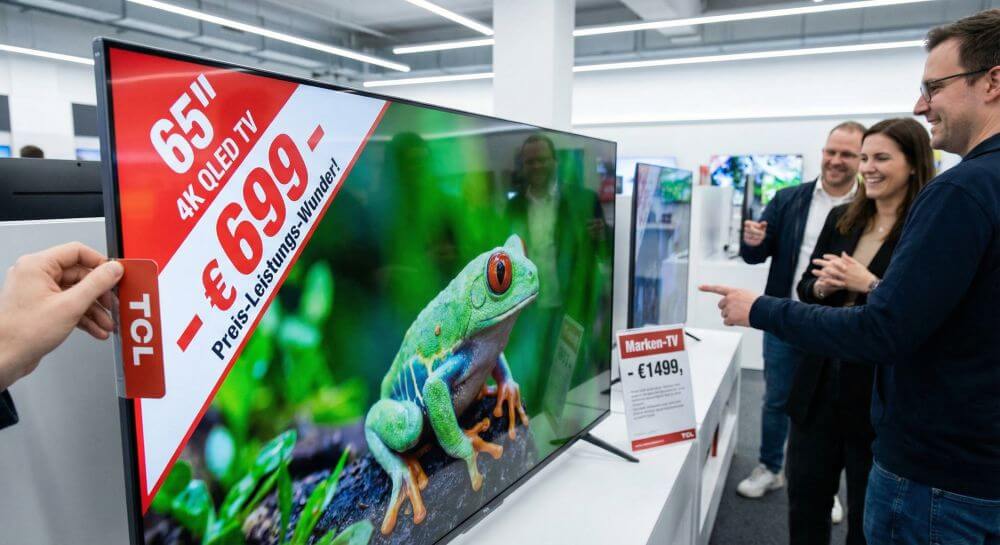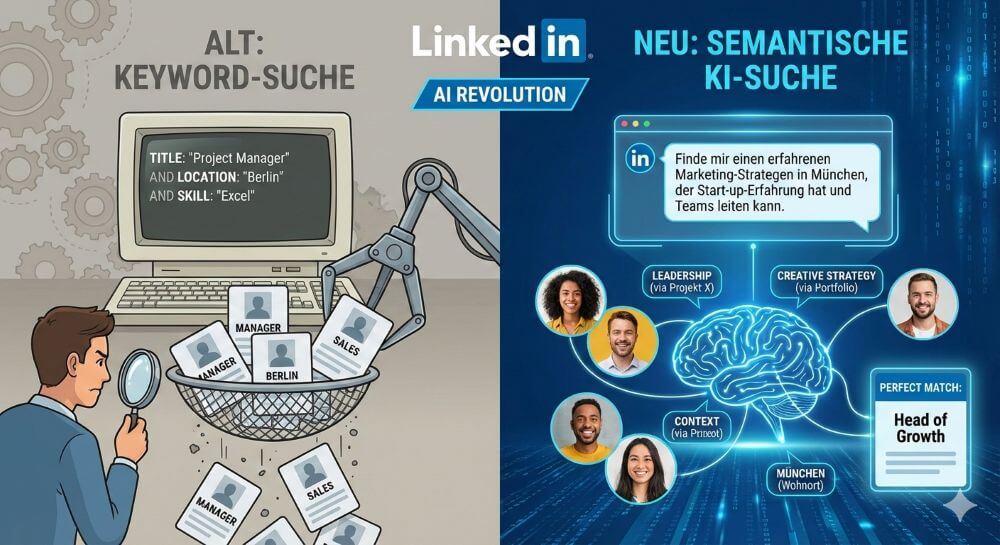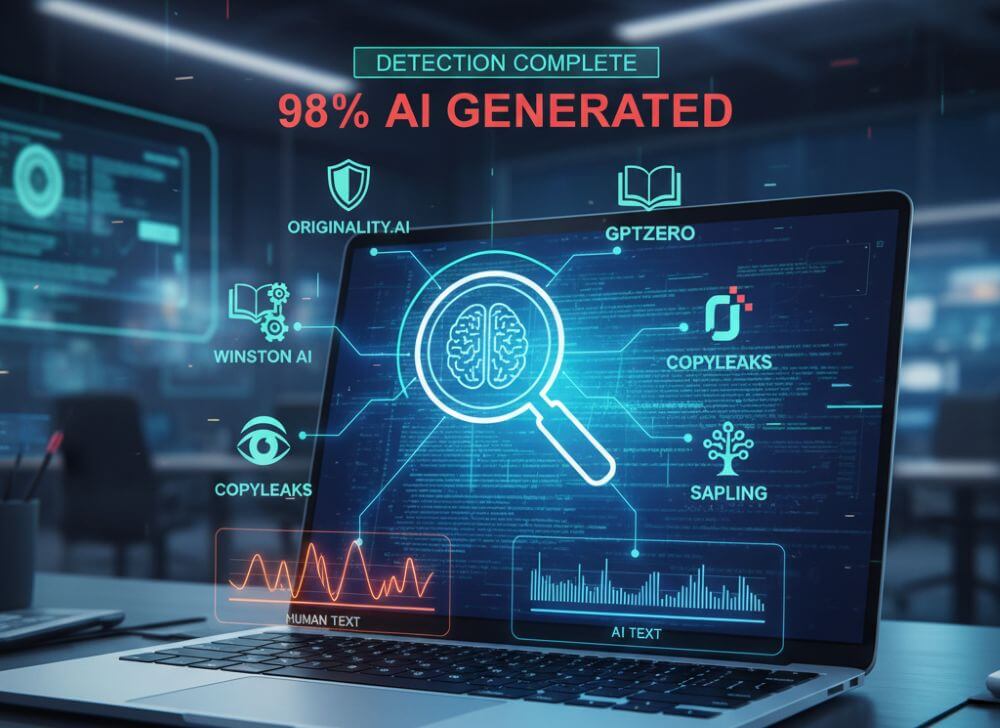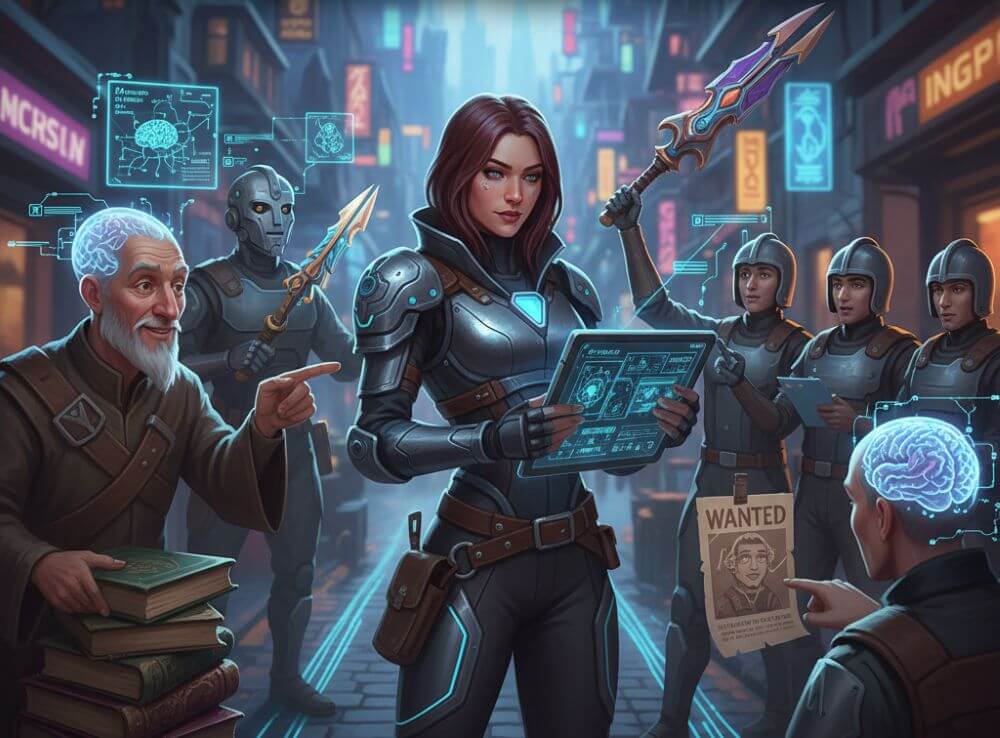Nvidia before the showdown: Insiders sell – Is the AI bubble about to burst?
It’s the calm before the storm. While the overall market nervously watches interest rate developments, everything hangs in the balance at Nvidia. It’s mid-November 2025, and the world’s most important stock is heading towards what are likely its most crucial quarterly results. But this time, the mood is different: The “smart money” has left the room.
What does this mean for individual investors? A look at the facts.
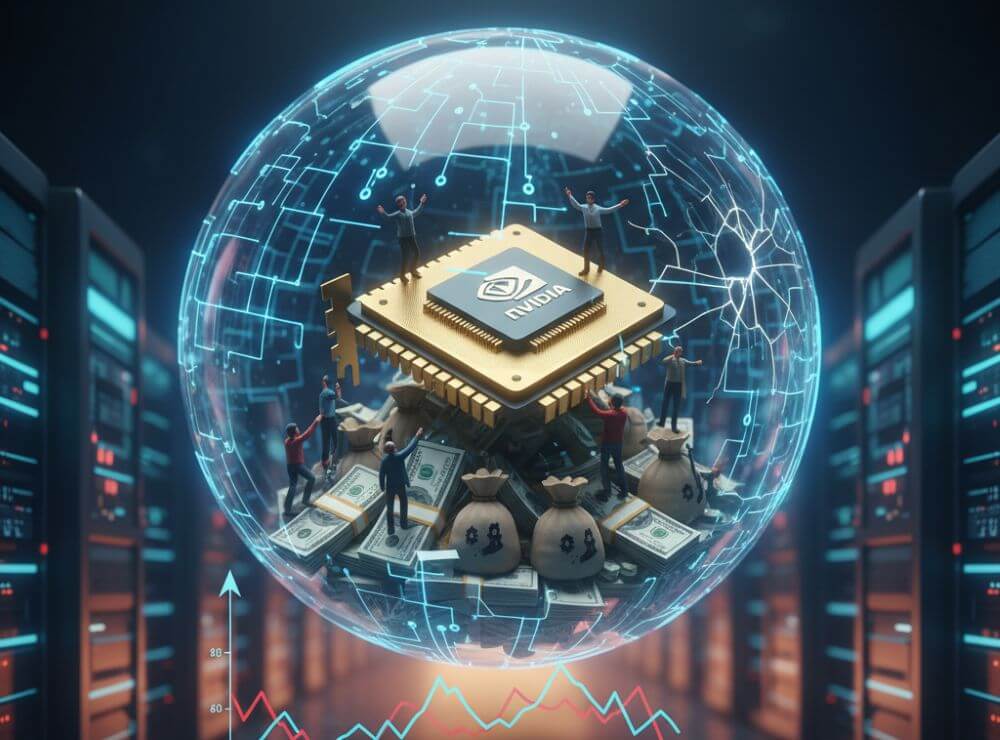
Making a killing: Why do the professionals sell?
Nothing unsettles investors more than insiders selling their own chips. In recent weeks, we’ve seen a massive sell-off at Nvidia, raising some questions:
- The CEO is cashing in: Jensen Huang sold large blocks of shares again in October. While often through pre-announced plans, the total amount is historically high.
- SoftBank & Thiel are out: The Japanese tech giant SoftBank has liquidated its multi-billion-dollar position. Star investor Peter Thiel also completely “cleaned up” his portfolio of Nvidia in Q3.
- The bet against it: Michael Burry (“The Big Short”) is now using options to bet on falling prices in the semiconductor sector.
The signal from the pros seems clear: “Peak AI” may have been reached. They’re securing profits before the party ends.
The bubble debate: Reality vs. hype
Is the AI boom just another dot-com bubble? Opinions are divided. Bears warn of the discrepancy: Microsoft, Meta, and Google are spending hundreds of billions on Nvidia chips, but aren’t yet earning enough from AI software to cover these costs. If the return on investment (ROI) fails to materialize, orders could abruptly stop in 2026.
Bulls (including JPMorgan) counter: Demand for the new Blackwell architecture is so high that Nvidia is sold out for years to come. This, they argue, is not a bubble, but rather the development of a new industrial infrastructure, comparable to the railway network in the 19th century.
The decision will be made on November 20, 2025.
The stock is no longer a no-brainer, but rather a “show-me” stock. For the upcoming Q3 figures on November 20th, simply meeting expectations isn’t enough. Nvidia needs to deliver outstanding results to justify its high valuation.
My advice: Investors should be prepared to ride the volatility or take partial profits – just like the insiders. Those looking to buy should wait for the results. The risk of disappointment has rarely been as high as it is today.
Beliebte Beiträge
Header and footer in Word – First page different in Word
How to make headers different on the first page than on the rest of the pages. Also create custom footers in Word for your documents.
Clean up Excel spreadsheets
It is very easy to use Excel tables created without a system and still get usable data from them with a few tricks.
Insert and edit header and footer in Excel
Inserting a header and footer in Excel is far from user-friendly. We show ways and workarounds how you can do it anyway.
Concatenate text and date in Excel – Tutorial
Concatenating text and date in Excel requires a combination of two functions. We use a practical example to explain how it can be used.
Create and save your own text modules in Word
Create your own text blocks in Word, save them and quickly add ready-made text and graphics to your documents.
Data Queries in Excel – Works with Power Query
So erstellen Sie aktive Datenabfragen durch Power Query aus verschiedensten Quellen in Excel, führen Daten aus verschiedenen Dateien und Tabellen zusammen.

